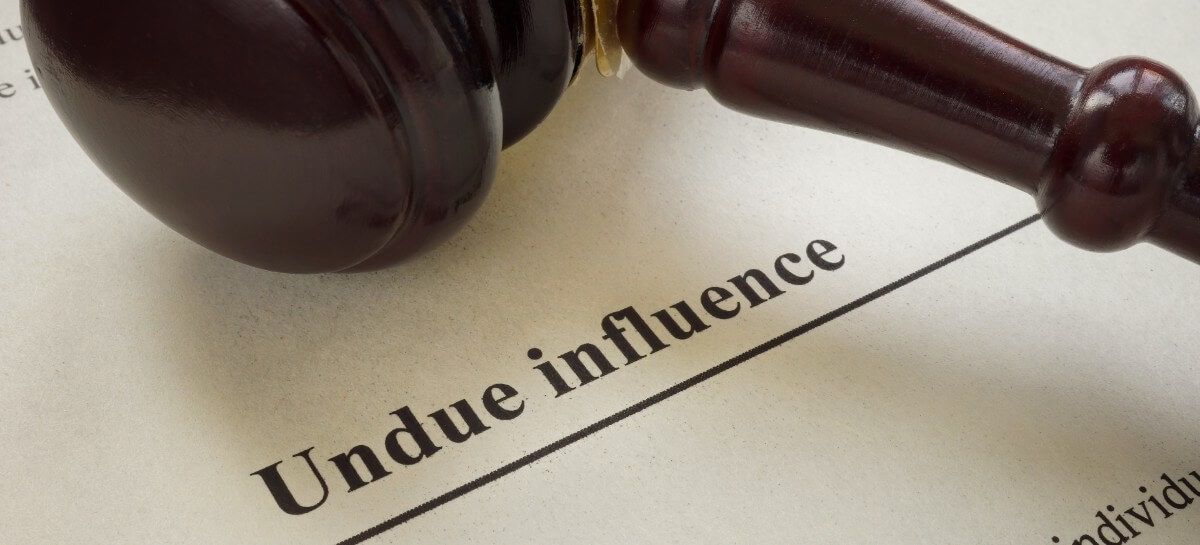Challenges to a Will or Trust Part IV – Undue Influence, Evidence and Inferences

Cases involving undue influence often include allegations of diminished mental capacity – i.e. that the alleged victim was suffering from Alzheimer’s, dementia or another mental disorder – and therefore was susceptible to the influence of another. The fact that an individual was susceptible to undue influence at one period of time is not, however, be conclusive as to their state of mind on another date. See Martin v. Martin, 687 So. 2d 903 (Fla. 4th DCA 1997). In Martin, court considered a will executed in August 1989 and a trust in May 1991. The Court held that that a determination the victim was susceptible to undue influence on one of those dates was not conclusive as to his state of mind on the other. As a result, litigants pursuing a claim for undue influence should be prepared to present evidence sufficient to raise the presumption of undue influence for each separate testamentary change or gift that is challenged. Recently, a Florida court has approved of the use of an inference of undue influence where the influence did not relate to the testamentary change at issue. See Blinn v. Carlman, 159 So. 3d 390 (Fla. 4th DCA 2015). In finding that the plaintiff had proven undue influence in the execution of a will, the court relied on a voicemail which recorded the defendant exerting influence, in part, by disparaging the plaintiff. Although that conversation that was recorded did not relate to the changes in the decedent’s will, the court reasoned that “if appellant were so bold as to openly display such influence over [the decedent], then the court could reasonably infer that similar or greater influence was occurring in the dark during their marriage.” Id. at *3. Thus, it may be possible to prove undue influence through generalized evidence showing a pattern of influence that is not directly tied to the challenged testamentary changes or gifts during the time those changes or gifts were made.